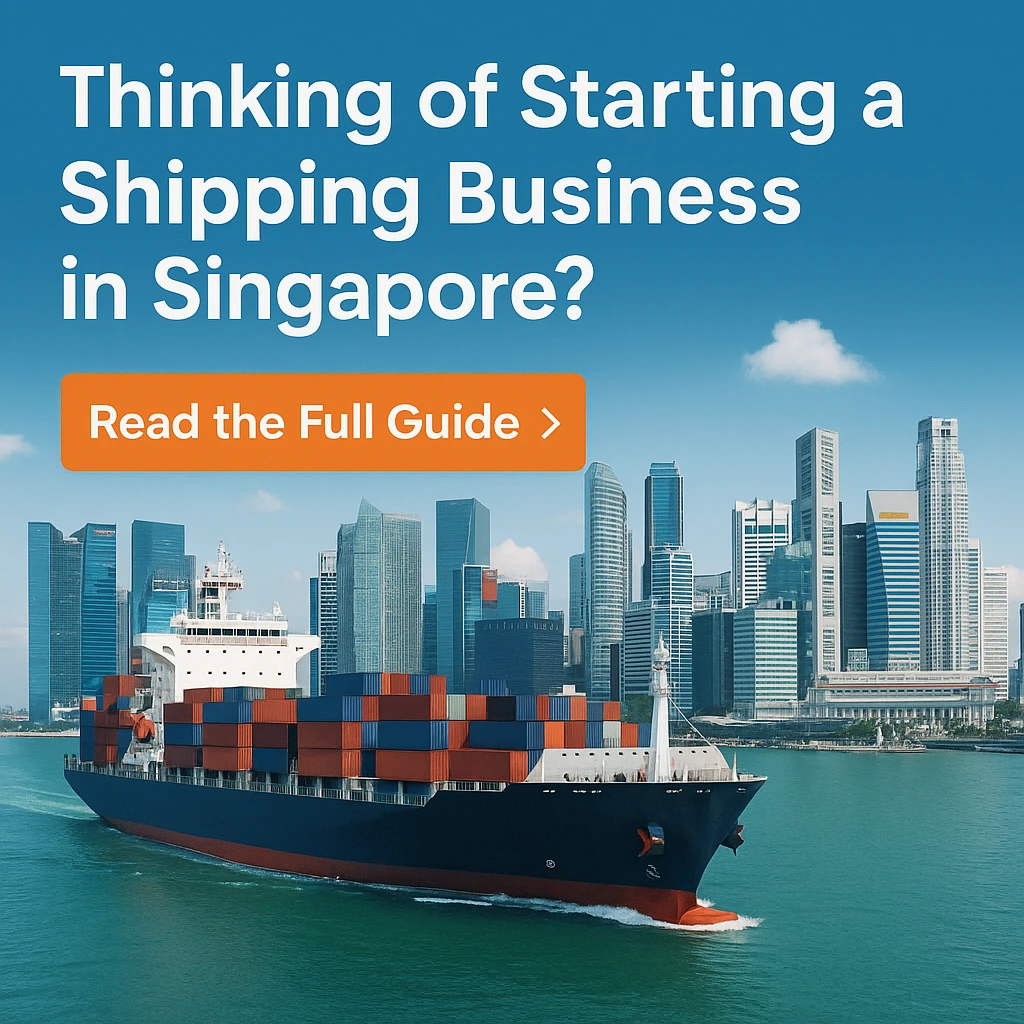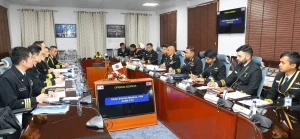At the recent Maritime Business Roundtable Breakfast Meeting in Lagos, Felix Ogbe, the Executive Secretary of the Nigerian Content Development and Monitoring Board (NCDMB), announced significant developments concerning the agency’s $360 million single-digit intervention fund, now accessible to over 10 indigenous shipping firms. This fund is managed by the Bank of Industry (BoI), which has reported low default rates, indicating that beneficiaries are effectively repaying their loans and utilizing the funds for development.
Ogbe emphasized the importance of the fund in supporting local companies, citing Starz Marine Investment as one beneficiary. He highlighted the NCDMB’s ongoing commitment to collaboration with various stakeholders in the oil and gas logistics sector, which enhances both operational efficiency and local content participation.
The NCDMB’s initiatives are grounded in their legal framework, which promotes collaboration with relevant governmental agencies to strengthen local content in maritime operations. This includes ensuring compliance with the Cabotage law, which aims to localize maritime activities. Each contractual arrangement in the maritime sector must incorporate a Nigerian Content Plan (NCP), outlining how Nigerian companies can partake in contractual jobs and develop the necessary skills to manage such roles over time.
Furthermore, Ogbe revealed the Board’s plans to boost the integration of Nigerians into maritime systems, emphasizing the need for training and capacity building. The NCDMB collaborates with international companies to train Nigerian seafarers, ensuring that local talent is equipped to participate effectively in the industry.
In addition, the NCDMB conducts gap analysis to identify disparities in the maritime logistics chain and recommends solutions to government bodies. Ogbe acknowledged partnerships with organizations like the Nigerian Maritime Administration and Safety Agency (NIMASA) and the National Inland Waterways Authority (NIWA) as vital for addressing challenges facing the sector.
Overall, the panel discussion underscored the NCDMB’s strategic efforts to enhance Nigeria’s maritime logistics and economy by fostering local capacity, ensuring compliance with regulations, and actively engaging with both domestic and international stakeholders. The agency’s forward-looking approach highlights its pivotal role in the sustainable development of Nigeria’s maritime sector.
Source link










